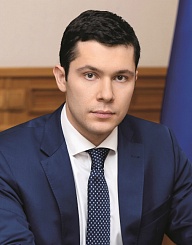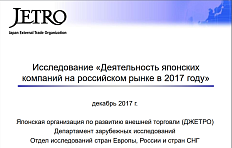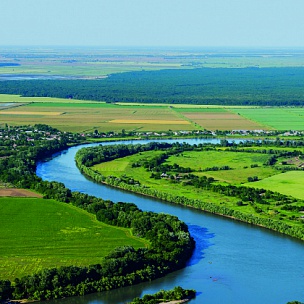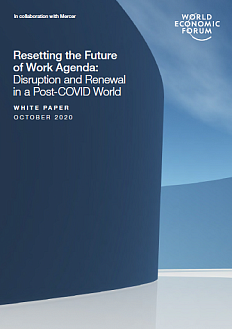What do you expect from SPIEF 2018?
First and foremost, we are counting on successful, productive meetings and negotiations. This is the first time in several years that we will have a stand at the Forum. We have plans to sign a whole array of agreements. We find that announcing new partnerships and introducing projects at the SPIEF venue is prestigious and meaningful.
We are expecting good news. We had some at SPIEF last year: our region moved up 32 places in the Agency for Strategic Initiatives National Investment Climate Ranking to take thirty-ninth place. I hope that we will maintain our position in the top half of the list this year, because we were inspired by the 2017 leap and worked very hard on mechanisms to support business.
As always, the Forum’s business programme is top notch. I’m pleased to see more discussions on digitalization. For example, this year, for the first time, the EAEU’s digital agenda is being discussed. That is a topic of all-around relevance for the Kaliningrad Region exclave.
Kaliningrad Region is the westernmost region of Russia and an enclave. What advantages does that provide?
Kaliningrad Region can act as a sort of ‘open window’ for both Russian and foreign business. We do not discriminate among investors by nationality or geography; we work with everyone according to the very same rules. Currently we are offering terms that are unprecedented in terms of taxation. Over the first few months of this year, 23 companies became new residents of the Kaliningrad Region Special Economic Zone, compared to 27 in the whole of the previous year.
The region has unique infrastructure options to offer. Having both Russian and European-gauge railroad tracks on our territory opens up opportunities to export goods made here. And our transit potential is already being realized within the New Silk Road project.
We are making a concerted effort to position Kaliningrad Region as the ideal location for developing different kinds of national innovation. In our small, compact region, the cycle from planning to launching a project moves quickly. It’s more mobile. That’s what happened with the multifunctional business centre and the introduction of digital control, with the Internet of Things, as part of the oversight and monitoring reforms. Recently, during discussions with the Federal Antimonopoly Service at IPQuorum, it was suggested we protest parallel imports.
What can be done to counter the threat of isolation?
At the regional level, by using a policy of smaller-scale deals and being a good neighbour. Nearly all the municipalities in Kaliningrad Region cooperate with border regions of Poland and Lithuania, visiting each other on public holidays, hosting children’s camps, launching tourism projects, and holding festivals.
Grant programmes for cross-border cooperation are also in high demand in the region. For example, the budget for the Poland—Russia programme through to the year 2020 is 62 million euros. Projects are being financed in areas such as preserving culture heritage, environmental protection, transport accessibility, and communications. Starting in 2019, we expect to introduce electronic visas for foreign citizens wishing to visit Kaliningrad Region. The President has approved the required law. That will be a genuine contribution towards making Kaliningrad Region a venue for international meetings and negotiations and developing conference tourism. We are ready.
Source: SPIEF-2018 Official Magazine






